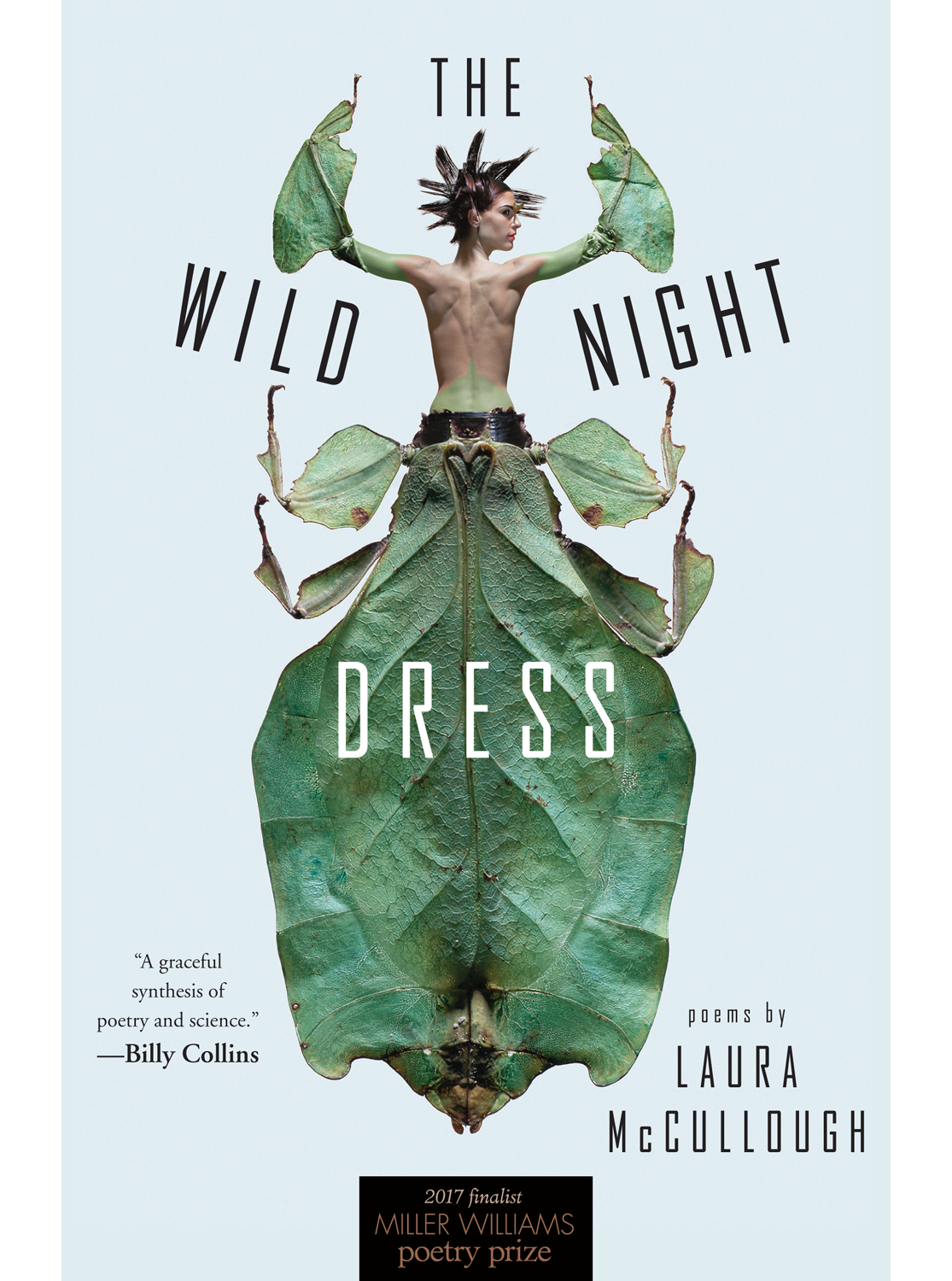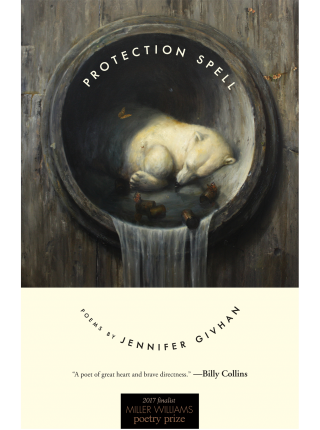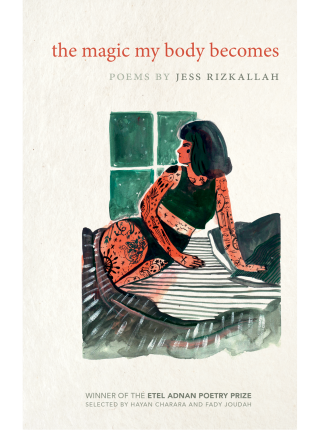Finalist, 2017 Miller Williams Poetry Prize, edited by Billy Collins
“A graceful synthesis of poetry and science.”
—Billy Collins
Laura McCullough finds passage through the darkest times as she loses, in short order, her mother and her marriage. Through her near unbearable grief, she creates poems that slip between science and nature as she grasps at coordinates in a world spun out of its orbit. From the God Particle to toroidal vortexes, from the slippery linguistics of translation to the translation of the body, McCullough brings readers to the mystery of surrender, and the paradox that what we bear can make us more beautiful, that there is a gift in grief.

Laura McCullough is the author or editor of several books, including, most recently, Jersey Mercy. Her work has appeared in Best American Poetry, Georgia Review, American Poetry Review, Southern Review, Prairie Schooner, and many other journals and magazines. She teaches at Brookdale Community College, and she is the founding editor of Mead: The Magazine of Literature and Libations.
Author website.
“Laura McCullough’s The Wild Night Dress opens and closes speaking in a language of science connected to emotion. Love waves, the aftershocks of earthquakes, and terror waves, the defensive movements of prey, nicely encapsulate McCullough’s exploration of grief. She reminds us how these effects mirror the scientific duality of matter as particles and waves, and the entire book becomes a reflection on how loss happens to us not just in one instance, but over and over again with each memory of it.”
—Theodora Hannan, Mid-American Review, Volume XXXVIII, Number 1
“McCullough’s collection is expansive with some poems occupying the paradox of domestic work—work that is done only to be undone—feeding that returns to hunger, and other poems use theories of theoretical physics to find consolation. The Wild Night Dress is a collection of forfeiture that is resilient.”
—North American Review, Summer 2017
“As much as Laura McCullough’s seventh book of poetry The Wild Night Dress, which was selected by Billy Collins as a finalist for the 2017 Miller Williams Poetry Prize, charts the union of science and poetry, it also is a profound meditation on hunger and loss. Throughout the collection, the need to be fed, literally and figuratively, and the speaker’s obligation to feed and sustain those around her is a recurring theme. These are poems of witness and survival, as the daily and mundane continue asking of the speaker, even when she has been stripped of those who sustained her most.”
—Kristina Marie Darling, Tupelo Quarterly
“This poet has the kind of binocular vision that can see the poetic and scientific aspects of the world simultaneously. . . . this shuffling together of lyrical/botanical and medical language is done so gracefully, it has the effect of bringing ‘the two cultures’ into a rare state of peaceful coexistence.”
—Billy Collins
“What distinguishes Laura McCullough’s outstanding The Wild Night Dress is its refusal to settle for the familiar turns and tropes of wisdom, the temptations of which must have been pulling at the edges of every stanza. Instead McCullough commits herself to a project that’s rougher, more daring: a science of her own in which two concurrent losses—the death of a mother, the end of a long relationship—become a door to a place she can’t yet see. ‘I’m ready to learn another language, a new / syntax.’ And that desire is astonishingly here, poem after poem.”
—Paul Lisicky
“The colossal fortitude and lyric pitch of Laura McCullough’s intellect in its search to find the figures and music to accompany the challenges and exuberance of living today leave us sprawling in wonder at her rich talents and more resilient for she names the fires that burn inside us. The Wild Night Dress is the indisputable evidence we need to intercept any doubts about the vibrancy of contemporary poetry.”
—Major Jackson
“Laura McCullough knows the sacred is all around us: in the words of a stranger, a hummingbird outside the kitchen window, junk washed up on a shoreline, finding refuge in the language of reverie. Raw, stark, vulnerable, these poems confront loss without sentimentality and turn to the quotidian as a means of resilience. This collection is a meditation on what it means to carry on, elegies that radiate with life.”
—Dorianne Laux





